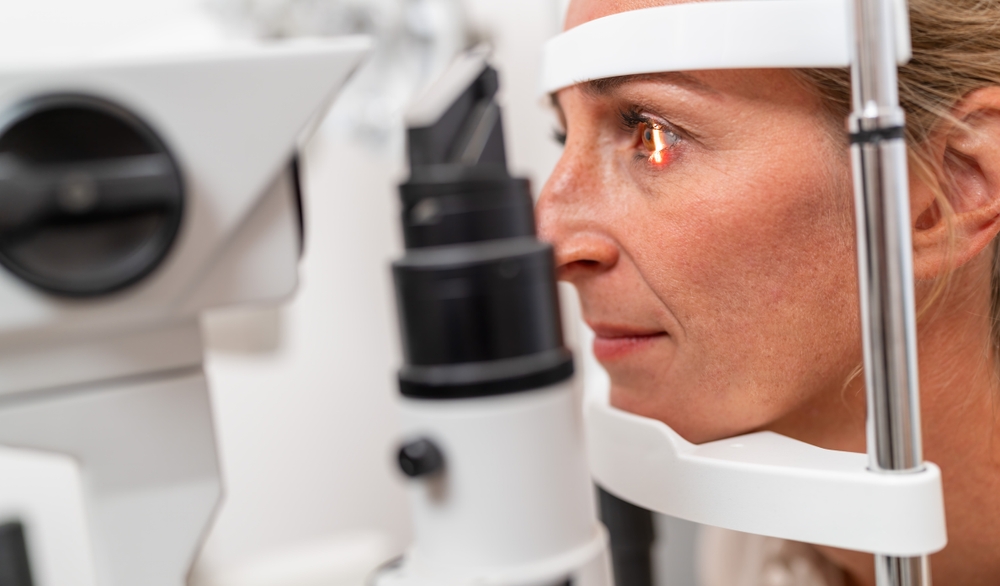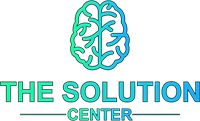
Vision is more than just seeing 20/20 - it’s about how well your eyes work together and how your brain processes what you see. Many people live with subtle visual processing issues without realizing these problems are at the root of their symptoms. If you experience certain early warning signs, it may be time to schedule a NeuroVisual exam with an optometrist who specializes in these conditions.
What Is a NeuroVisual Exam?
A NeuroVisual exam goes beyond a traditional eye exam. Instead of simply checking your eyesight or eye health, a NeuroVisual exam evaluates how well your eyes coordinate (binocular vision), how they move, and how visual information is integrated with your other senses. This comprehensive assessment helps uncover issues like Binocular Vision Dysfunction, convergence insufficiency, and other subtle visual processing disorders that are often missed during routine vision checks.
These NeuroVisual and sensory integration issues can affect children and adults alike, impacting everything from learning and reading to balance and comfort during daily activities. Below are five early signs that may indicate you’re dealing with BVD or related NeuroVisual challenges.
1. Frequent Headaches, Especially with Visual Tasks
Do you find yourself getting headaches after reading, using a computer, or focusing on nearby objects? Headaches are one of the most common but overlooked symptoms of Binocular Vision Dysfunction. When your eyes don’t work together smoothly, your brain has to work overtime to keep things in focus, leading to eye strain and tension headaches. A comprehensive binocular vision assessment can determine if BVD or a related condition is contributing to your discomfort.
2. Blurred, Double, or Shifting Vision
Occasional blurry vision can happen to anyone, but if you consistently see double, experience “ghosting” (shadow images), or notice that objects seem to jump or move as you shift your gaze, you may have a binocular vision problem. These symptoms often go hand-in-hand with BVD and other NeuroVisual dysfunctions and are best evaluated through specialized testing.
3. Poor Coordination, Clumsiness, or Dizziness
Did you know that issues with eye alignment and visual processing can affect your balance, depth perception, and coordination? Children struggling with sports or adults who feel off-balance or dizzy may actually be experiencing the effects of sensory integration difficulties or undiagnosed BVD. Addressing the visual component can make a dramatic difference in daily function and comfort.
4. Difficulty Reading or Concentrating
If you or your child lose your place when reading, struggle to maintain focus on tasks, or feel fatigued after short periods of near work, it might not be an attention issue—it could be a visual processing problem. NeuroVisual and sensory integration challenges often present as trouble tracking lines of text, skipping words, or difficulty copying from a board, impacting both learning and job performance.
5. Sensitivity to Light, Motion, or Busy Environments
Heightened sensitivity to bright lights, difficulty driving at night, or feeling overwhelmed in crowded or visually “busy” spaces may signal underlying NeuroVisual processing issues. People with BVD or sensory integration challenges often feel uncomfortable or even anxious in environments with lots of visual stimuli, not realizing their eyes and brain are struggling to process input.
Get to the Root of Your Symptoms at The Solution Center
Recognizing these early signs is the first step toward lasting relief and improved quality of life. We specialize in NeuroVisual medicine and sensory integration evaluations for patients of all ages, serving the Lake of the Ozarks community and beyond. Our comprehensive approach allows us to pinpoint issues like Binocular Vision Dysfunction and tailor solutions that address your unique needs.
If you’ve noticed any of concerning eye symptoms, schedule a NeuroVisual assessment at The Solution Center to receive the personalized care you deserve. Visit our office in Osage Beach, Missouri, or call (573) 723-1412 to book your appointment today.





